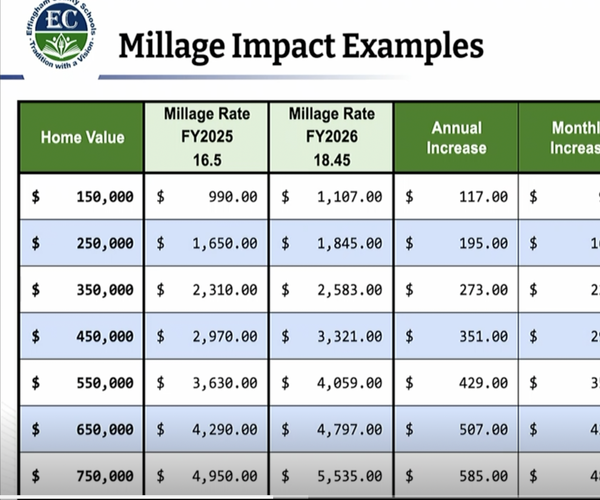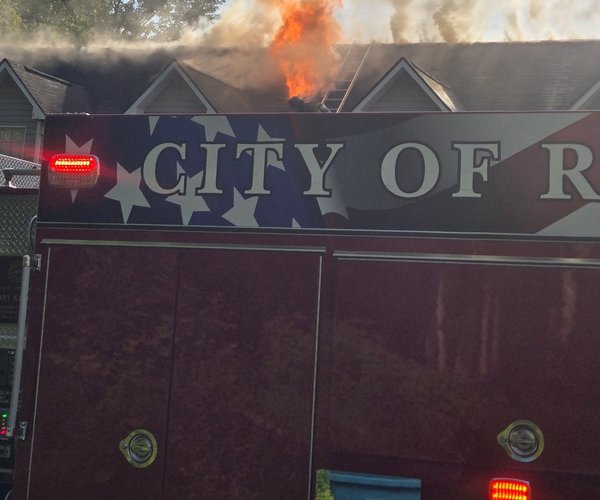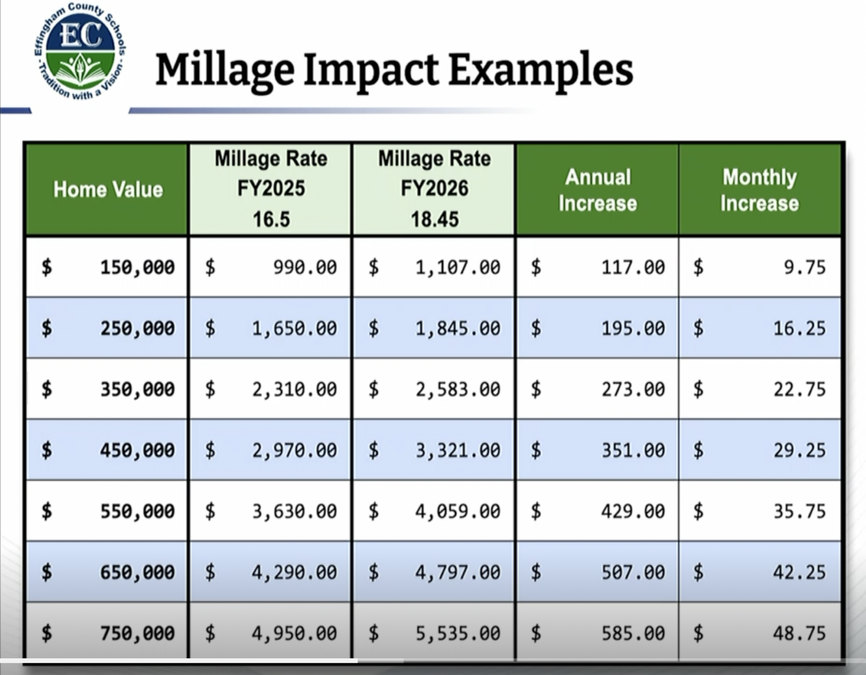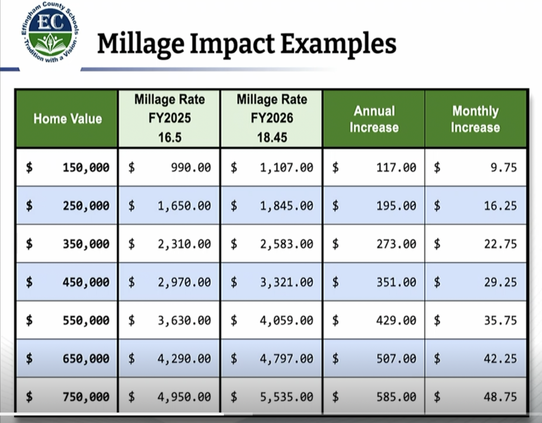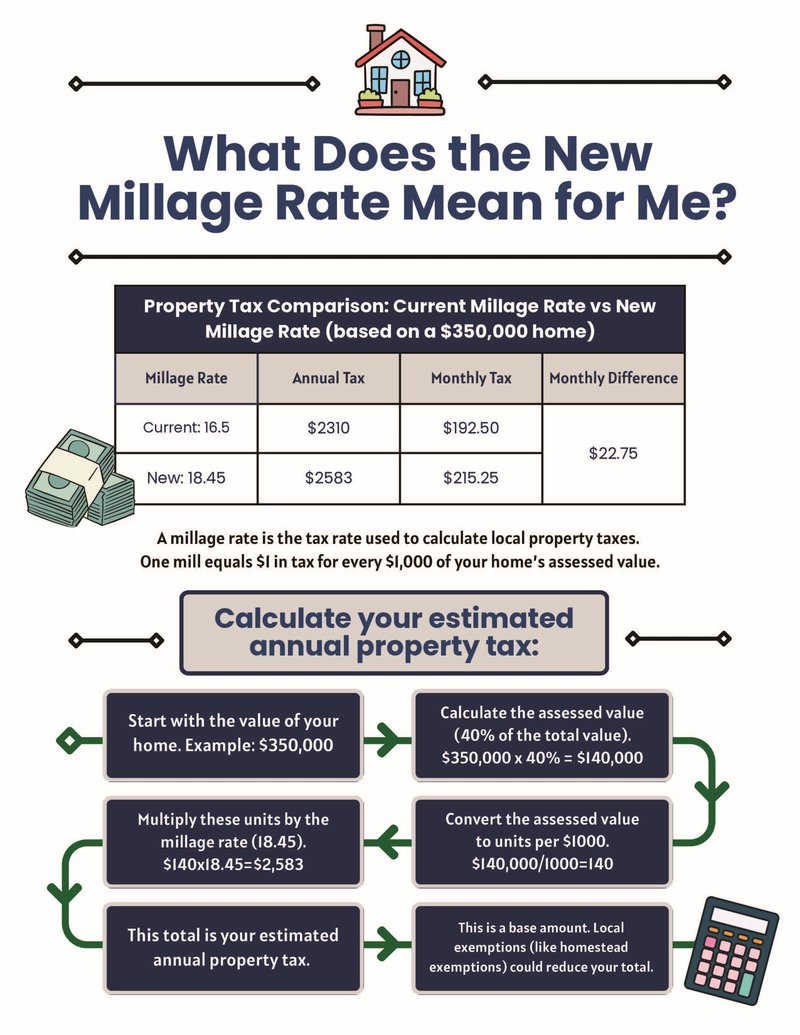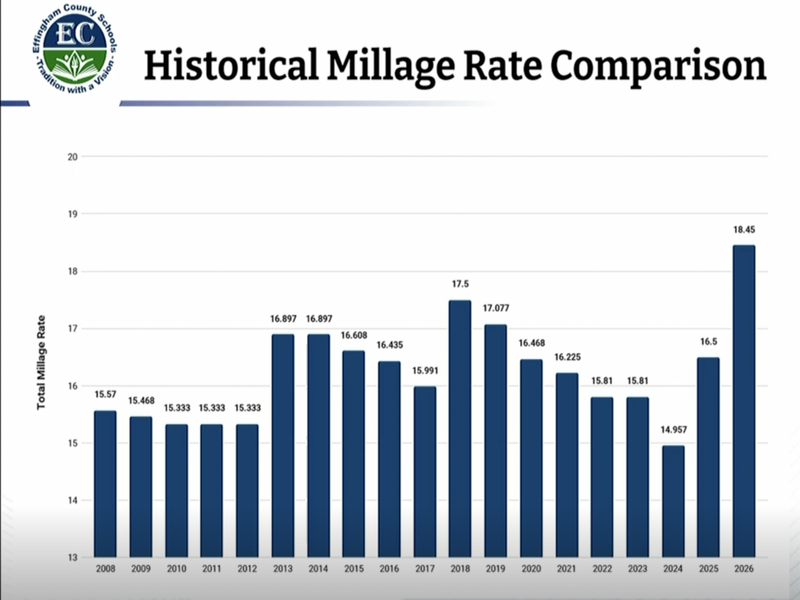COVID-19 case rates are still climbing rapidly in the Coastal Health District, and now all 8 of its counties are experiencing high levels of transmission. Camden County's COVID-19 transmission rate is higher now than it has been during any previous point in the pandemic -- even higher than the post-holiday surge in January.
Nationwide, COVID-19 cases have increased over 300 percent in just one month, from mid-June to mid-July. Health experts believe this latest surge is driven primarily by the Delta variant of the virus that causes COVID-19.
The emerging evidence about the Delta variant shows that it's much more contagious than previous strains. This is partly because people infected with Delta have higher viral loads—meaning more virus in their body—than with previous variants.
So far it appears the vast majority of transmission is occurring between unvaccinated individuals. However, Delta is causing some “vaccine breakthrough infections,” meaning infections in fully vaccinated people.
New studies suggest that some vaccinated people can be contagious if they get Delta and could transmit the virus to others. That's why, in areas of high transmission like the Coastal Health District, the CDC recommends that all people - including the vaccinated - wear a mask in public indoor settings to prevent spread and protect themselves and others.
If you are vaccinated, the good news is that most breakthrough infections are mild. Vaccines are working as they should — they are preventing severe illness, hospitalizations, and death in those who are fully vaccinated.
But the bad news is that variants are expected as long as transmission continues, which means we are in a race against time to increase vaccination coverage. High vaccination coverage will reduce spread of the virus and help prevent new variants from emerging. Vaccination is the best way to protect you, your family, and your community.


